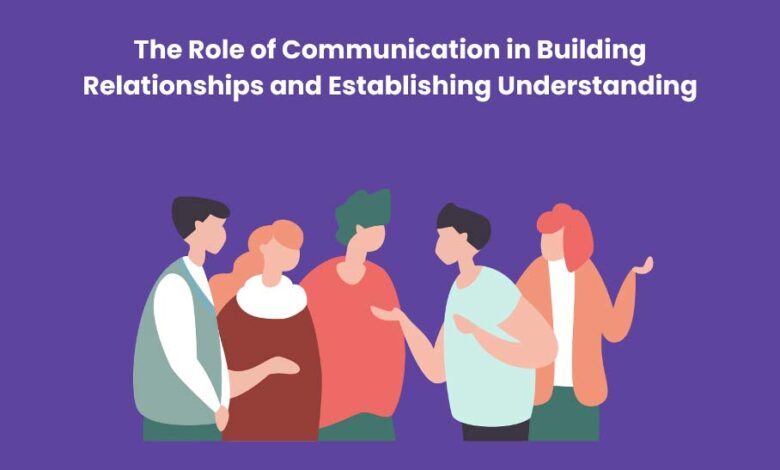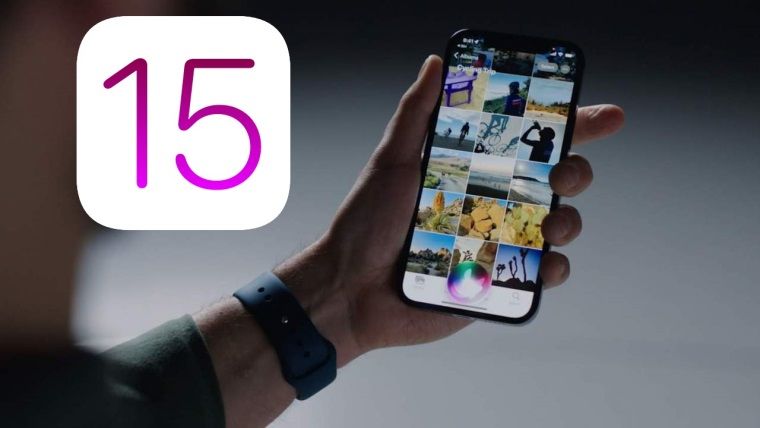The Role of Communication in Building Relationships and Establishing Understanding

Communication is the invisible force that breathes life into relationships, acting as the cornerstone for understanding and connection. In a world where diverse perspectives and experiences converge, effective communication serves as the catalyst for building meaningful relationships. This exploration dives into the profound significance of communication, unraveling its layers and spotlighting the transformative impact it has on relationships. Additionally, we’ll touch upon the concept of Communication Skills Certification and seek to answer the fundamental question, “What are Communication Skills?”
Unraveling the Essence: What are Communication Skills?
Human relationship revolves around communication, a dynamic exchange that extends beyond the simple conveyance of words. Interactions, including shared emotions, non-verbal clues, and spoken language, form a complex dance. The ability to express oneself verbally allows for the free flow of information, including thoughts, emotions, and points of view. Simply put, the thread binds personal and professional ties together.
The Foundation of Relationships: Open and Honest Communication
Honest and open communication is the cornerstone of healthy partnerships. People are more comfortable opening up and sharing their thoughts and feelings when they can trust that others will not judge them. In personal relationships, it’s typically easier to overcome obstacles when partners are honest about their wants, needs, and feelings. Teams encouraging one another to speak their minds are more likely to be creative and productive on the job.
Navigating Differences: The Power of Effective Communication
The human experience is inherently diverse in viewpoints, origins, and life events. People may find their way through the complexity of these disparities with clear and concise communication. Bridges are established, and understanding thrives when individuals listen attentively, strive to understand, and speak with empathy. This is more important than ever in today’s interconnected world, where people from many walks of life work together and share traditions.
Communication Skills Certification: A Testament to Proficiency
The idea of communication skills certification has arisen as a way to validate one’s competence in this vital skill set, especially as the significance of good communication continues to be acknowledged. The ability to articulate one’s thoughts clearly, listen attentively, and resolve conflicts are all skills that this credential verifies. Enrolling in a certification programme for communication skills shows a dedication to improving one’s talents in both professional and personal encounters.
Non-Verbal Language: The Silent Communicator
Words express themselves clearly, but non-verbal cues often convey nuanced details that mould comprehension. People can deduce intents and emotions from nonverbal cues such as gestures, body language, and facial expressions. Without saying a word, a warm grin, a strong handshake, or an arched eyebrow may convey a great deal. Mastering the art of non-verbal communication is essential to developing genuine relationships.
Empathy: The Heartbeat of Effective Communication
The foundation of good communication is empathy, or the capacity to put oneself in another person’s shoes and experience what they are experiencing. To do so effectively, one must understand the speaker’s feelings and point of view in addition to their words. Empathy strengthens bonds in interpersonal interactions by confirming feelings and establishing common ground. Empathetic leaders are more likely to inspire and encourage their employees.
Resolving Conflict: A Test of Communication Competence
Relationship strength is defined by handling conflicts, an unavoidable part of every relationship. To resolve conflicts, people need to be able to communicate their concerns, listen to other people’s perspectives, and work together to find solutions. Skilled communicators can handle difficult talks with grace and diplomacy, transforming disagreements into learning experiences.
The Digital Frontier: Communication in the Virtual Age
There is more to the mechanics of communication than just in-person meetings in our digitally-dominated day. It takes finesse to communicate virtually via email, video chat, or instant message. People must modify their communication approaches to fit various mediums while maintaining comprehension and clarity. To be a good connection builder in the current world, you need to know your way around the internet.
Conclusion
As people go through the complex dance of interpersonal relationships, communication plays a key role in helping them navigate the ups and downs of connection. It is the driving factor behind the warming of hearts, settling disputes, and expanding horizons. The key to maximising the potential of relationships is excellent communication, which may be achieved via open conversation, empathy, or understanding of non-verbal indicators. Pursuing certification in communication skills goes beyond being a professional advantage; it becomes a commitment to creating a society where understanding and connection flourish as the relevance of this talent continues to expand.




